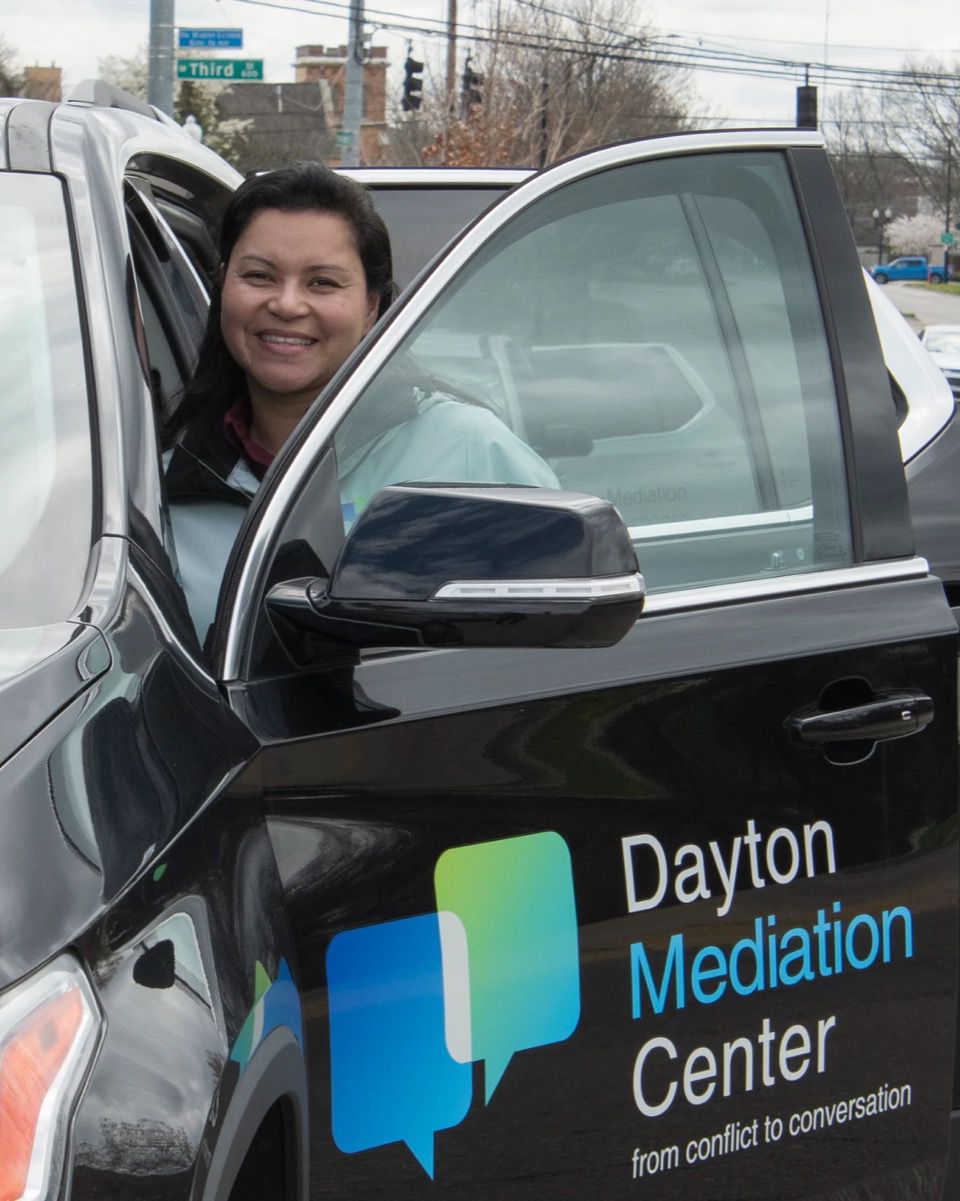Before Abby Roth headed off to her first year at the University of Texas at Austin, she had a plan to ensure her college years don’t include a pregnancy or a child she isn’t prepared to have. She would take birth control pills and use condoms with her boyfriend — and if she were to become pregnant, she would travel out of state for an abortion.
The music education student from Plano, Texas, had worked out that plan with her mother in anticipation of the Supreme Court decision this summer that overturned the landmark Roe v. Wade ruling, triggering a state law that has banned virtually all abortions in Texas. Now, in the midst of starting new classes Monday and joining a sorority, she’s also worrying about the new law.
“Texas chooses the baby’s life over the mother’s,” she said. “I don’t want this to happen to me.”
Roth is among students who say new abortion restrictions in states such as Texas, Ohio and Indiana are influencing their personal and political behavior as they return to college campuses this fall. The changes are public, energizing activism by both opponents and supporters of abortion rights, but they’re also intimate.
Ohio State University said the ruling doesn’t change the services provided by its Student Health Services or its medical center, noting Ohio already prohibited state institutions from performing elective abortions. It also doesn’t affect how OSU’s Title IX office handles reports of sexual assault.
But some students say those situations have crossed their minds as they contemplate the fall of Roe and Ohio’s ban on abortions at the first detectable “fetal heartbeat.” That can be as early as six weeks’ gestation, before many people know they’re pregnant.
Nikki Mikov, an Ohio State junior from Dayton, said news of the legal changes initially made her nervous that her options would be limited if she became pregnant. But by the time she was back on campus last week, she said her thoughts were more focused on more immediate things — moving in, friends, classes.
Conversations about the changing landscape of abortion access seem to have dwindled since early summer, said Brian Roseboro, an Ohio State senior from Montclair, New Jersey. But the 21-year-old, who’s single, said the new law is making him more careful and conscious about using contraception this year.
“I’m definitely thinking about it way more,” Roseboro said.
Ohio University junior Jamie Miller said he participated in multiple protests this summer, including one where he gave a speech addressing how support for abortion rights overlaps with advocacy for bodily autonomy for transgender people like him.
More intimately, Miller, 20, said the new limits on abortion influenced the decision he made with his partner to avoid sexual activity that could risk pregnancy. After years of taking testosterone, going through with a pregnancy wouldn’t be healthy for him or for the child, he said, adding that it also would upend his education and put him into debt.
“It would be pretty catastrophic in every sense of my life,” Miller said.
After Emily Korenman, of Dallas, decided to study business at Indiana University, she was frustrated to learn her new state passed new abortion restrictions that take effect Sept. 15 and allow limited exceptions. The 18-year-old said it didn’t change her mind about attending a school she really likes, but she isn’t sure what she would do if she became pregnant during college.
“I personally don’t know if abortion would be the choice I would make,” Korenman said. “But I would respect anyone’s opinion, you know, whoever’s body it is, they have the right to make that choice.”
Anti-abortion activists in states such as Indiana and Ohio say they’re planning to advocate for more campus support for pregnant students, now that abortion is no longer an option in most cases.
Campus members of Students for Life of America say they plan to interact with like-minded organizations that support sexual assault survivors and collect baby items for parents in need.




